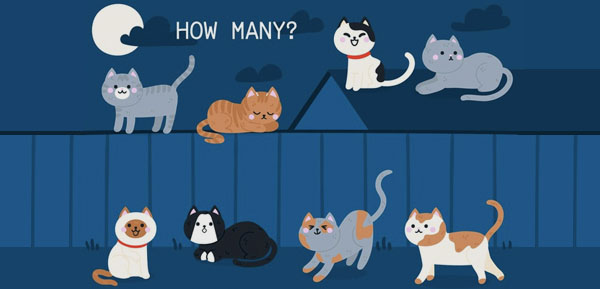Countable and Uncountable Nouns

What are Countable and Uncountable Nouns?
Another category of nouns relates to their “countability.†There are unique terms associated with this state of countability or uncountability.
Uncountable Nouns:
Uncountable nouns come in a state or quantity that are not possible to count. For instance, a liquid like water is uncountable, just like things that act like liquids (air or sand, for example). For this reason, they are always considered to be singular. These uncountable nouns can be used with some, any, a little, a lot, and much.
For example:
- A good ruler can measure any distance.
- Does this pasta dish have any meat in it?
- My mother used to do a lot of housework before I started helping her.
As you may have noted from the above examples, uncountable nouns can only be used in singular. They cannot be used with a number, since we don’t count them. For instance, it is possible to say, “I have a lot of money.†However, we cannot say, “I have 5000 money.â€
Here are a few other examples of how this works for uncountable nouns:
- She drinks a lot of juice. (Not: She drinks 6 juice.)
- There was not much air in the tire. (Not: There was not 100 air in the tire.)
Now, you can add a measurement to these words to count them. But to do this, you would need to specific the currency, weigh, vessel, or something similar.
For example, you could say:
- I have 5000 Euros.
- She drinks 6 glasses of juice.
- There was 10 PSI air in the tire.
Countable Nouns:
Countable nouns have both a singular and a plural form. In plural, these nouns can be used with a specific number, that is, they can be counted. Nouns are considered countable even if the potential number might be extraordinarily high (for example, counting all the stars in the universe). These nouns can be used with a/an, the, some, any, a few, and many.
For example:
- Here is the sandwich.
- Here are some sandwiches.
- I have a friend. You have 20 friends.
- She ate an apple. They ate three apples.